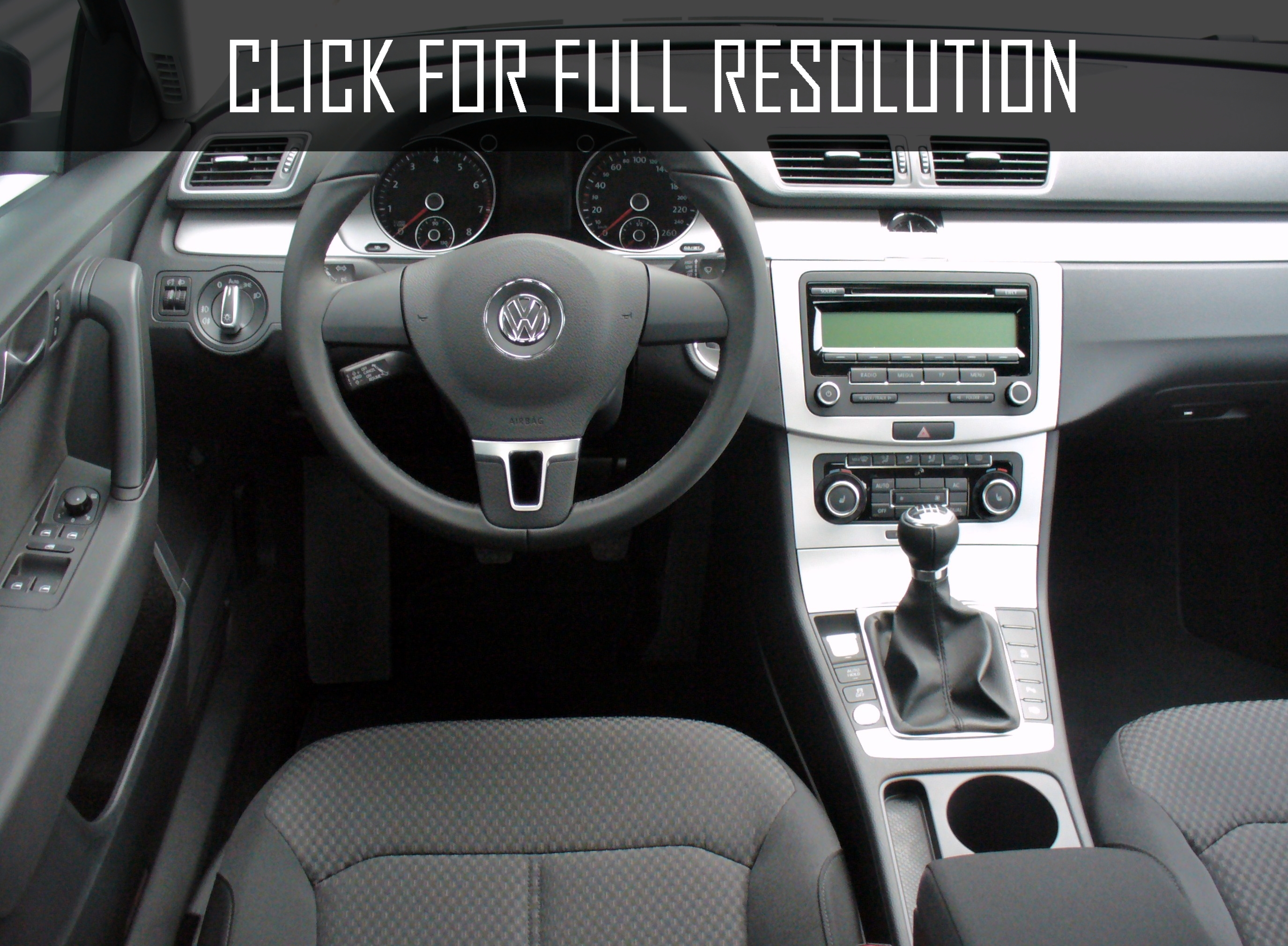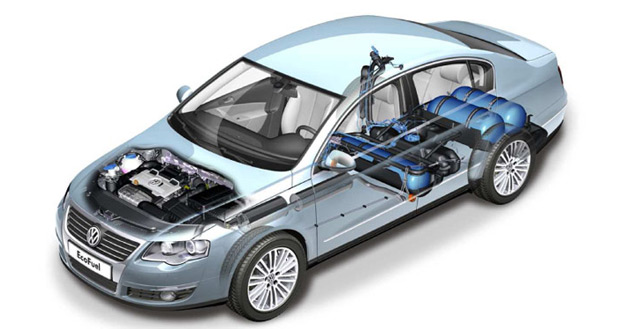html 2010 Passat 1.4 TSI EcoFuel: The Uncensored Truth 2010 Volkswagen Passat 1.4 TSI EcoFuel: The Uncensored Truth About This Green Machine (Before You Buy!) The 2010 Volkswagen Passat 1.4 TSI EcoFuel promised a compelling proposition: a family-sized car with a "green" heart. Running primarily on compressed natural gas (CNG), it aimed to offer lower running costs and reduced emissions. But is it all sunshine and roses? This article delves into the 2010 Passat EcoFuel, providing an honest assessment of its strengths, weaknesses, and what you need to know *before* you consider purchasing one. We’ll explore performance, fuel economy, reliability, and the practicalities of owning a CNG vehicle. Understanding the 2010 Passat 1.4 TSI EcoFuel The EcoFuel variant of the 2010 Passat used a 1.4-liter TSI (Turbocharged Stratified Injection) engine, modified to run on both gasoline and CNG. This "bi-fuel" system allowed drivers to switch between fuels, offering flexibility depending on CNG availability. The car featured CNG tanks located under the floor and in the trunk, impacting storage space. The engine produced a moderate amount of power, suitable for everyday driving but not designed for blistering performance. Key Features and Specs Engine: 1.4-liter TSI, turbocharged and bi-fuel (CNG/Gasoline) Power: Around 150 bhp (depending on the exact model) Fuel: CNG and Gasoline Transmission: Primarily 6-speed manual or 7-speed DSG (Direct Shift Gearbox) Fuel Tank Capacity: CNG tanks combined typically held around 22 kg of CNG. Gasoline tank: around 70 liters. Emissions: Designed to offer lower CO2 emissions when running on CNG compared to gasoline. Fuel Economy and Running Costs: The CNG Advantage? One of the primary attractions of the EcoFuel was its potential for lower running costs. CNG is often cheaper than gasoline, leading to significant savings at the pump. However, the actual fuel economy figures and the availability of CNG stations play a crucial role in realizing these savings. The official combined fuel consumption figures (when running on CNG) for the 2010 Passat EcoFuel were often quite optimistic. Real-world figures varied depending on driving style, road conditions, and the quality of the CNG supply. Important Considerations: CNG Station Availability: This is the biggest hurdle. CNG refueling stations were (and still are, to a lesser extent) less common than gasoline stations. This limited the usability of the EcoFuel for many drivers. Before buying, research CNG station locations in your area. CNG Price Fluctuations: While CNG is typically cheaper, prices can fluctuate. Research local CNG pricing trends. Fuel Consumption: Expect higher fuel consumption compared to a gasoline-only engine, especially during gasoline operation. Range: The CNG range (the distance you can travel on a full CNG tank) was often limited, requiring more frequent refueling stops. For example, if you live in an area with limited CNG availability, the convenience of switching to gasoline might be overshadowed by the reduced fuel economy of gasoline-only operation. [Link to a website comparing fuel prices in different regions – e.g., GasBuddy or a similar regional resource] would be beneficial here. Performance and Driving Experience The 1.4 TSI engine, while turbocharged, wasn't a powerhouse. Acceleration was adequate for everyday driving, but the car wasn't particularly sporty. The CNG tanks added weight, potentially impacting acceleration and handling. The 7-speed DSG gearbox, if equipped, could provide smoother and more efficient gear changes. However, some owners reported issues with the DSG transmission's reliability over time, which is a common concern with this type of gearbox. The driving experience was generally comfortable and refined, typical of the Passat. The car handled well, but the added weight of the CNG tanks could be felt. The main trade-off was the slightly reduced trunk space due to the CNG tanks. Reliability and Common Problems The 2010 Passat EcoFuel, like any car, had its share of potential problems. The 1.4 TSI engine itself was generally reliable, but some owners reported issues with the turbocharger, timing chain (a common issue with some early TSI engines), and the CNG system components. The DSG gearbox, as mentioned earlier, could experience issues such as mechatronics failure, leading to expensive repairs. Potential Issues to Watch Out For: CNG System Leaks: Inspect the CNG system regularly for leaks, which can be dangerous. Turbocharger Failure: Listen for unusual noises or a loss of power. Timing Chain Issues: Pay attention to unusual noises from the engine, especially at startup. [Link to a forum discussing timing chain issues with the 1.4 TSI engine – e.g., a VW specific forum like VWVortex] DSG Gearbox Problems: If equipped, be prepared for potential maintenance or repair costs. Fuel Injector Issues: Check for misfires and rough idling, which can indicate fuel injector problems. Regular maintenance, including timely oil changes and inspections of the CNG system, is crucial to ensuring the longevity and reliability of the EcoFuel. Is the 2010 Passat 1.4 TSI EcoFuel Right For You? The 2010 Volkswagen Passat 1.4 TSI EcoFuel is a niche vehicle. Its appeal depends heavily on your individual circumstances and priorities. If you live in an area with readily available and affordable CNG, and you're willing to accept the limitations of the CNG system and the potential for increased maintenance, then it could be a worthwhile option. However, if CNG stations are scarce or if reliability is a major concern, you might be better off considering a gasoline-powered Passat or another alternative. Consider these factors: CNG Availability: Is CNG readily available in your area? Budget: Factor in potential maintenance costs and the initial purchase price. Driving Habits: Do you primarily drive short distances or long distances? Frequent long trips might be less convenient with limited CNG range. Reliability: Are you prepared for potential maintenance issues, especially with the CNG system and DSG gearbox? Conclusion: Weighing the Pros and Cons The 2010 Volkswagen Passat 1.4 TSI EcoFuel offered a glimpse into a greener future. While the concept was commendable, the practical realities of CNG infrastructure and potential maintenance issues presented significant challenges. Before purchasing a 2010 Passat EcoFuel, thoroughly research the availability of CNG in your area, inspect the vehicle carefully, and consider the potential costs of ownership. This "green machine" can be a cost-effective and environmentally conscious choice *if* the circumstances are right. Weigh the potential savings against the convenience and reliability trade-offs. Ultimately, informed decision-making is key to making the right choice for your needs. Remember to thoroughly inspect any used vehicle before purchase. Consider getting a pre-purchase inspection from a qualified mechanic, especially one familiar with CNG vehicles. Good luck with your car search!
2010 Volkswagen Passat 1.4 Tsi Ecofuel: The Uncensored Truth About This Green Machine (Before You Buy!)
```html 2010 Passat 1.4 TSI EcoFuel: The Uncensored Truth 2010 Volkswagen Passat 1.4 TSI EcoFuel: The Uncensored Truth About This Green Machine (Before You Buy!)...




